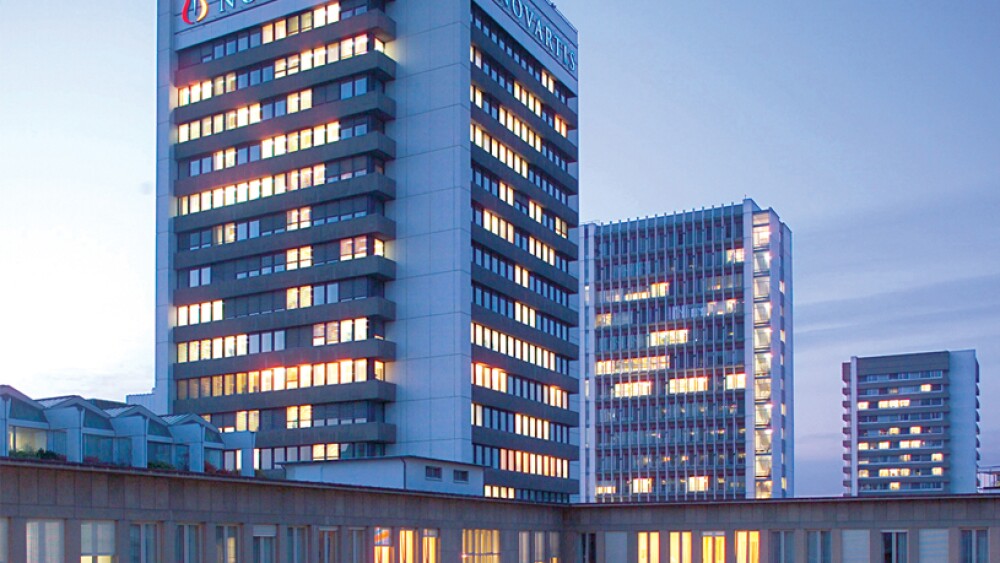October 25, 2016
By Alex Keown, BioSpace.com Breaking News Staff
BASEL, Switzerland – Reports of the death of Novartis ’ CART-T program may have been greatly exaggerated. Despite shutting down its Cell & Gene Therapy Unit earlier this fall, Novartis said it will continue to push its pediatric leukemia therapy, CTL019, toward regulatory approval.
The experimental chimeric antigen receptor T cell (CART) therapy for the treatment of children with relapsed/refractory acute lymphoblastic leukemia, has demonstrated strong efficacy in earlier trials. In December during a session of the American Society of Hematology meeting in Florida, the company revealed Phase II results that showed 55 of 59 patients, or 93 percent, experienced complete remissions with CTL019. The study did show that at the end of one year, 55 percent of patients had a remission-free survival rate and that 18 patients continued to show complete remission following one year. This morning Novartis said it was on track to file a New Drug Application with regulatory agencies for CTL019 sometime in early 2017. Additionally, as Endpoints noted, the company has plans to also file an application for a diffuse large B cell lymphoma (DLBCL) CAR-T treatment in 2017—which would put it behind California-based Kite Pharma and its lead CAR T- product candidate, KTE-C19, for DLBCL. Kite aims to file for an approvalof its lead CAR-T therapy by the end of the year. Earlier this month, Arie Belldegrun, Kite’s chief executive officer, told investors that he has scheduled a pre-application meeting with the U.S. Food and Drug Administration (FDA). If the FDA gives the nod, that would make Kite’s candidate the first CAR-T therapy to reach the market.
So, while the company has shuttered its dedicated unit and terminated more than 100 employees, including some of the leading researchers, Novartis is still pursuing CAR-T therapies, as it said it would. Although the company is likely to come in behind Kite (barring any FDA balking at data), Novartis should come in ahead of Juno Therapeutics , the other lead CAR-T company, which recently ran into some troubles following the death of three patients during the mid-stage trial of JCARO15, a CAR-T therapy for patients with relapsed or refractory B cell acute lymphoblastic leukemia. The company is currently facing a class action lawsuit that alleges the company violated federal securities law by not informing investors of the deaths.
Chimeric Antigen Receptor T-Cell Therapies (CAR-T) are engineered in a laboratory to recognize a specific antigen in a cell and then administered into a cancer patient. The CAR-T cells should, if all goes as planned, multiply within the body and target the antigen and eliminate the threat.
While Novartis’ push for CAR-T is ongoing, this morning the company posted strong third quarter results driven by the company’s growth products. Joe Jimenez, Novartis’ CEO, said the company was working diligently to offset the losses of Gleevec revenue due to generic competition in the United States. Gleevec sales fell less than originally anticipated. The drug brought in $834 million according to the company reports. One treatment that is certainly helping Novartis is psoriasis drug Cosentyx, which brought in $301 million in the quarter. There are expectations that drug could become a blockbuster, earning $1 billion annually.
“We are continuing to invest for the future, as we manage the Gleevec loss of exclusivity in 2016 and 2017,” Jimenez said.





